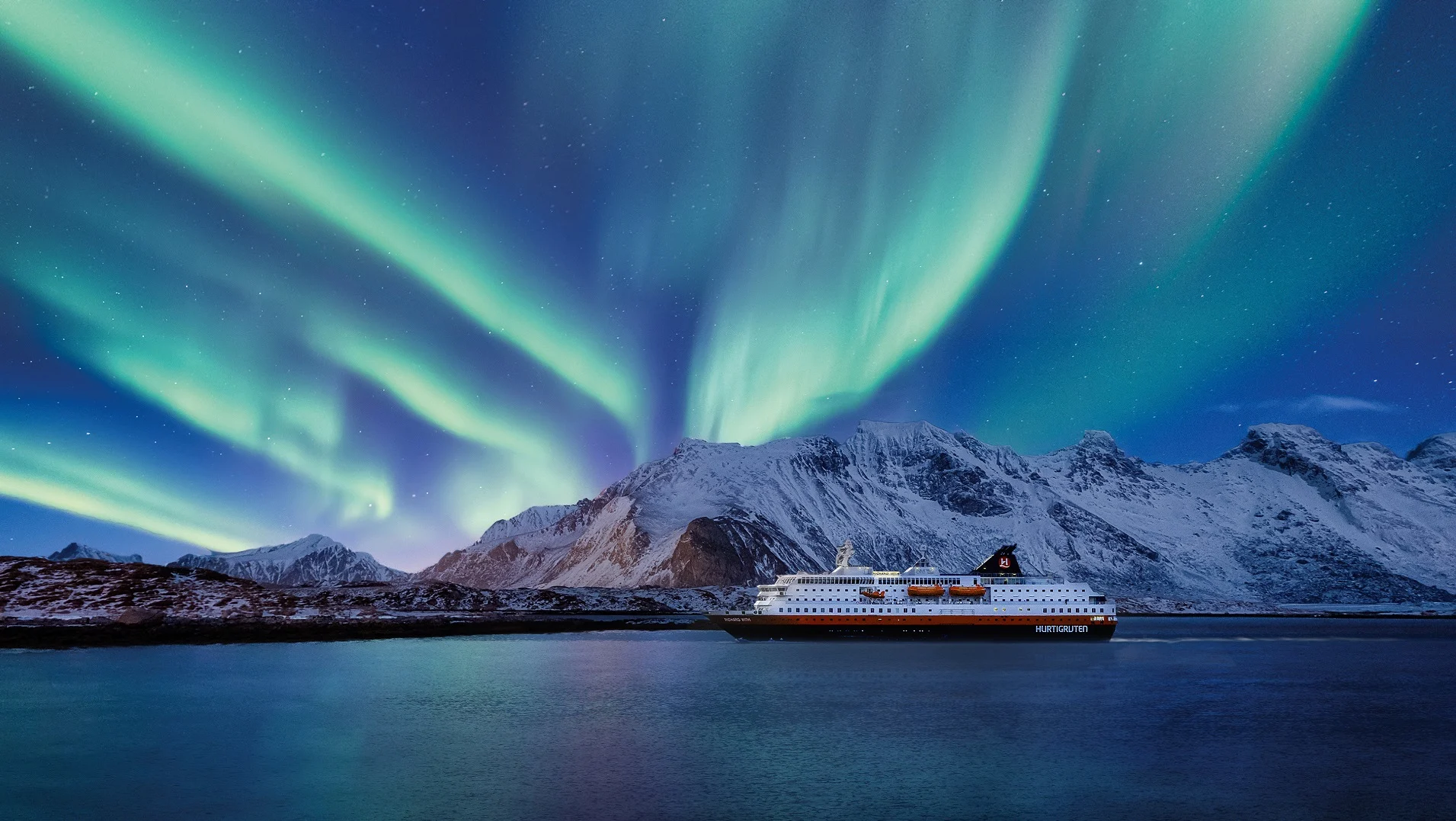
The Northern Lights
Magic and science. Hypnotic and exhilarating. A photographer’s dream. The Northern Lights in Norway are all these and more. Explore the many wonders of nature’s greatest lightshow.
The best time to see the Northern Lights? Now!
The Solar Maximum occurs halfway through the sun’s cycle. It’s a time of intense solar activity – and dramatically more auroral displays.
Scientists predict the Solar Maximum in 2024-25 will result in the most frequent and impressive Northern Lights in more than a decade. The next Solar Maximum after 2024-25 won’t be for another 11 years until 2036.
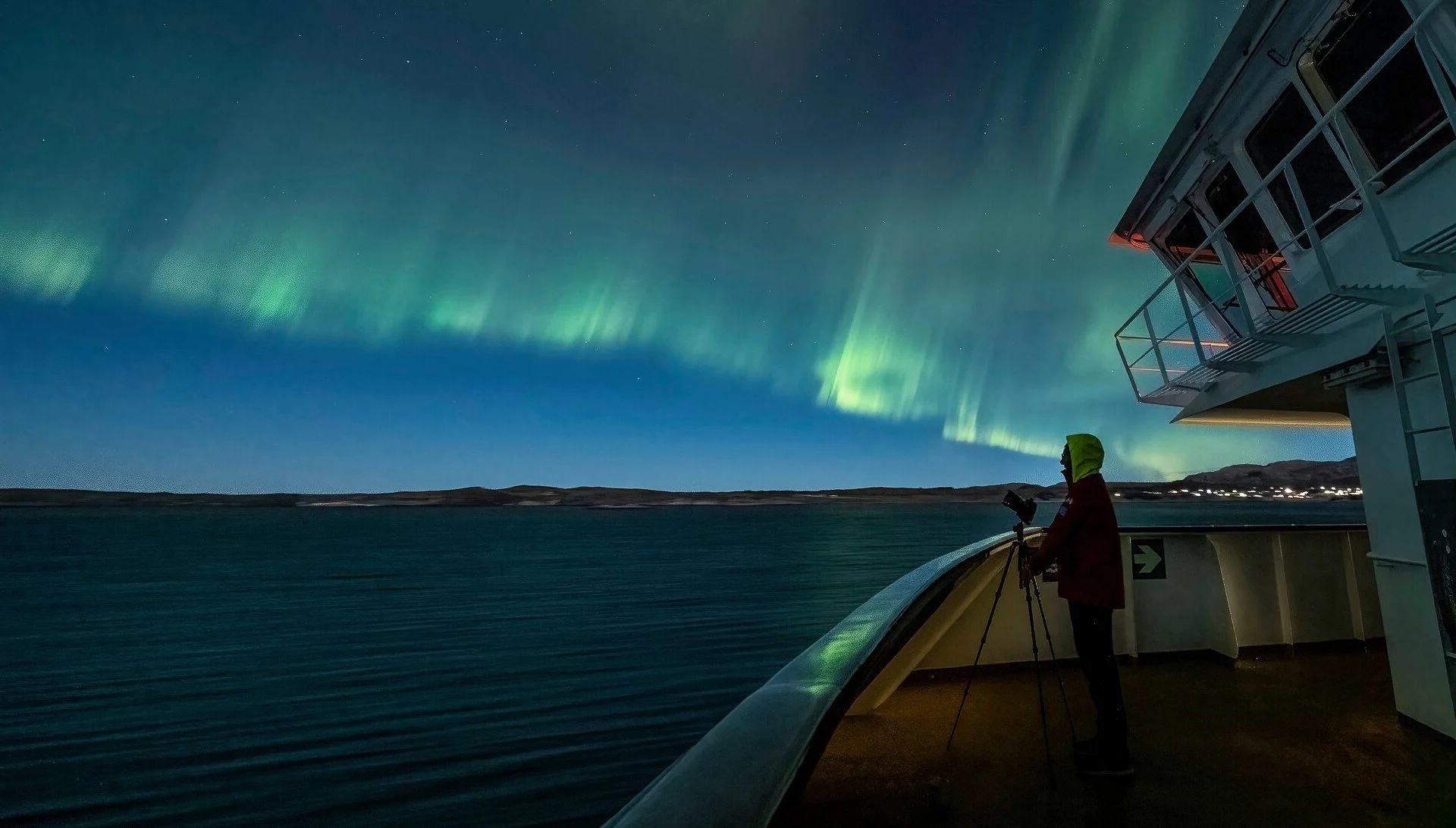
The best way to see the Northern Lights
A Hurtigruten voyage along Norway’s coast is one of the best ways to see a life-defining display of the aurora borealis. Here are six reasons why.
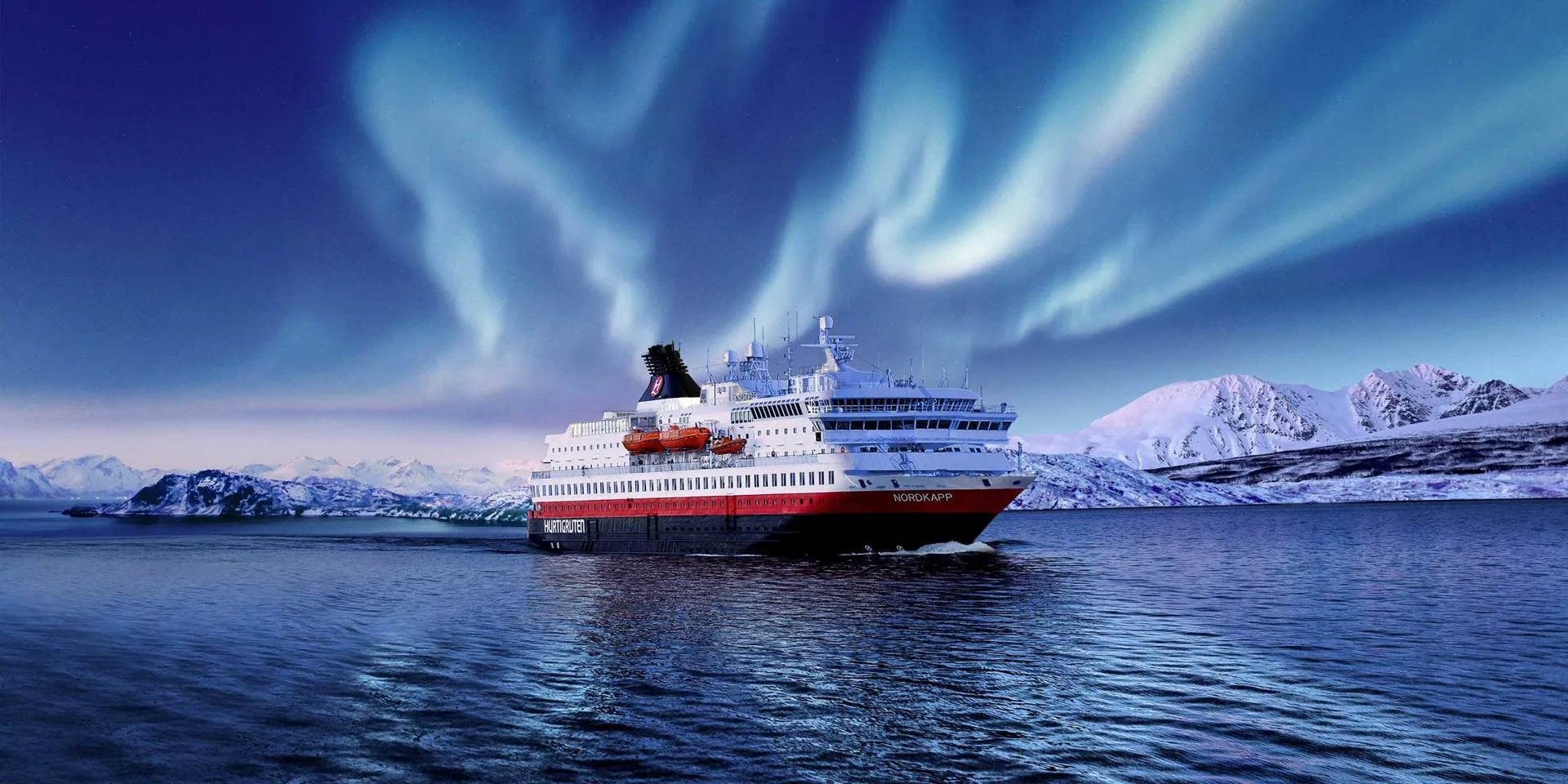
1. The Auroral Oval
Our ships sail the Norwegian coast, above the Arctic Circle at 66°N, and directly beneath the Auroral Oval, an area of consistently active displays.
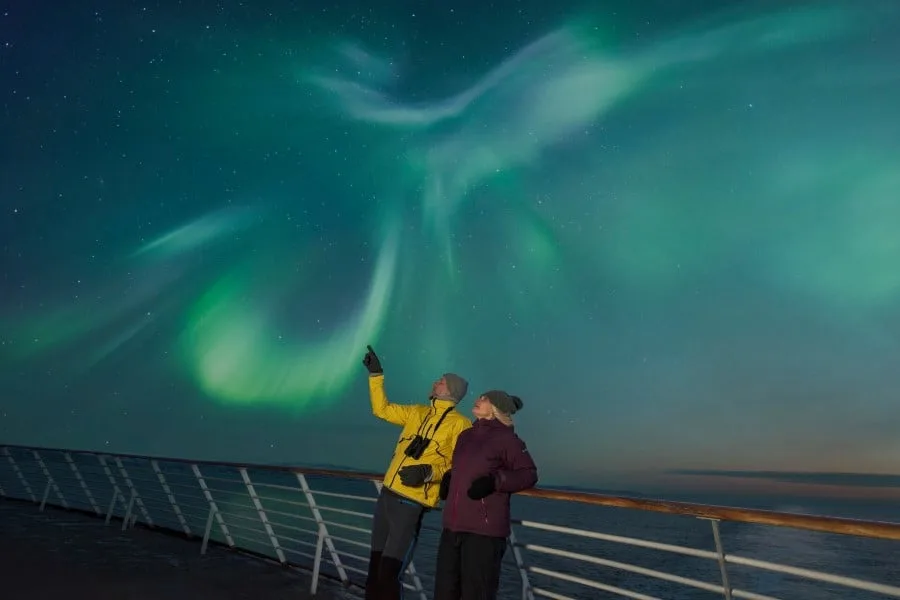
2. Multiple sightings
Travelling to different parts of the Norwegian coast on the ship increases your chances of seeing the aurora not just once but multiple times.
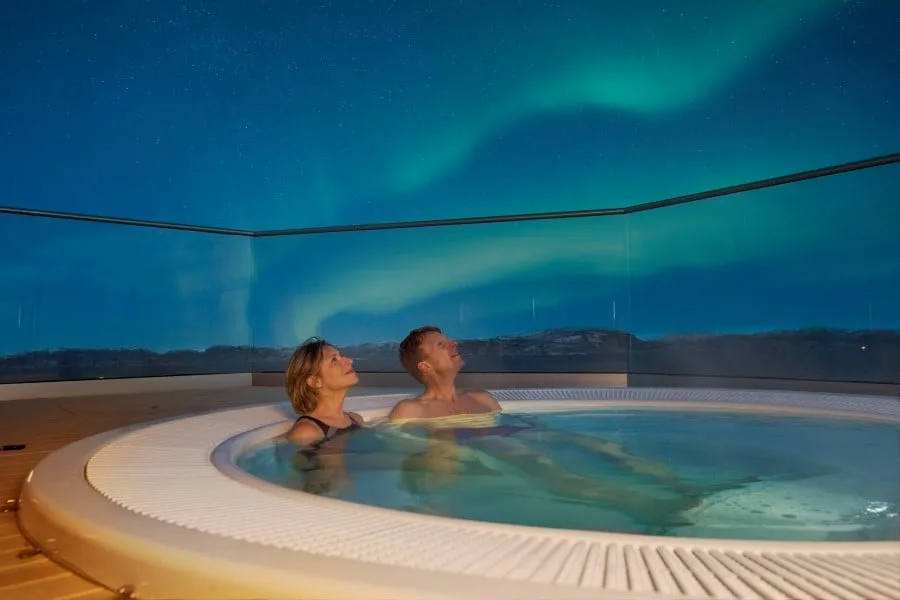
3. Mobile observatory
The advantage of being at sea is that we can quickly sail clear of cloud cover that might be blocking your view of a Northern Lights display.
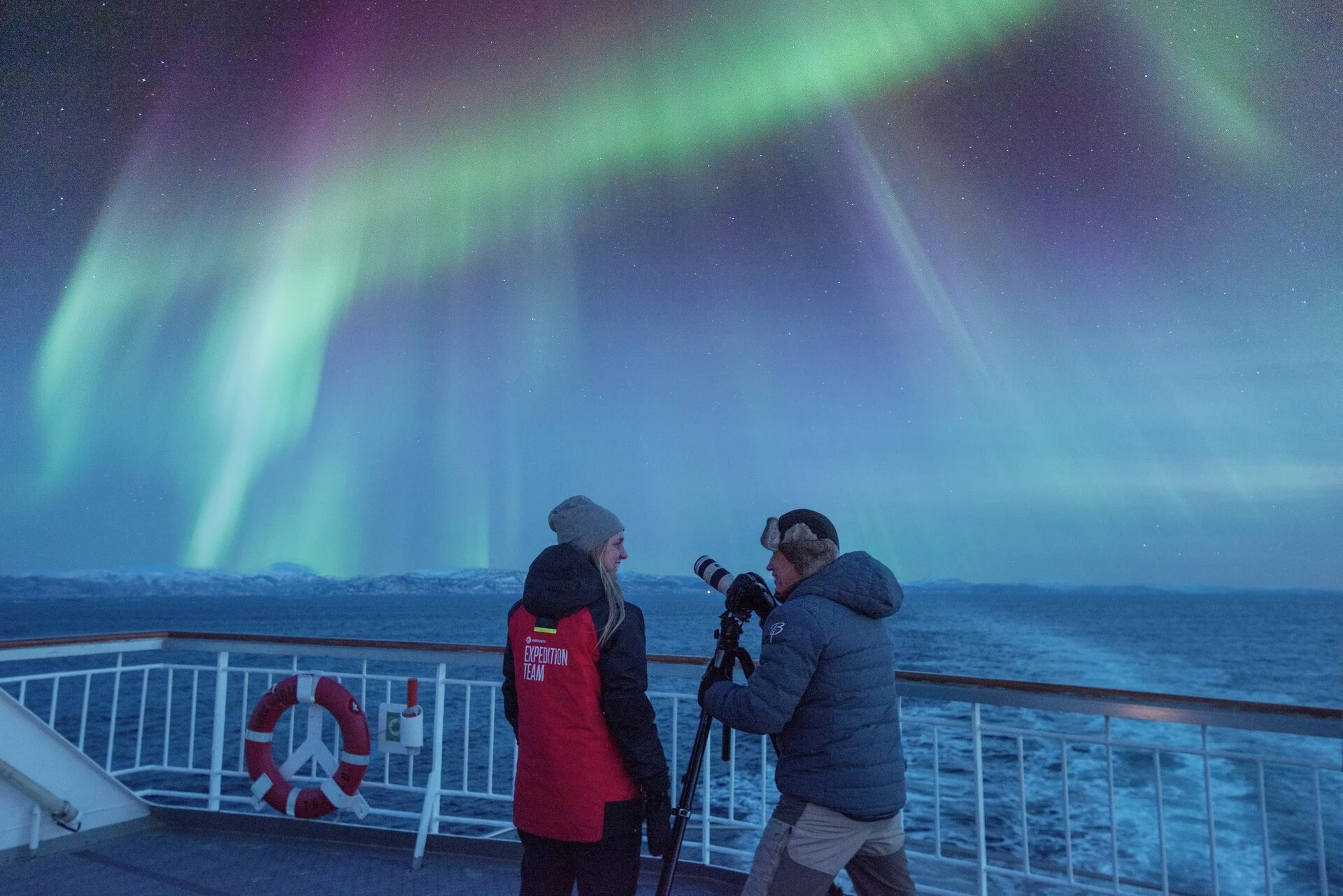
4. Aurora announcements
Our ship’s bridge officers are always scanning the skies and horizon, and are usually the first to spot the aurora, making an announcement to our guests on board.
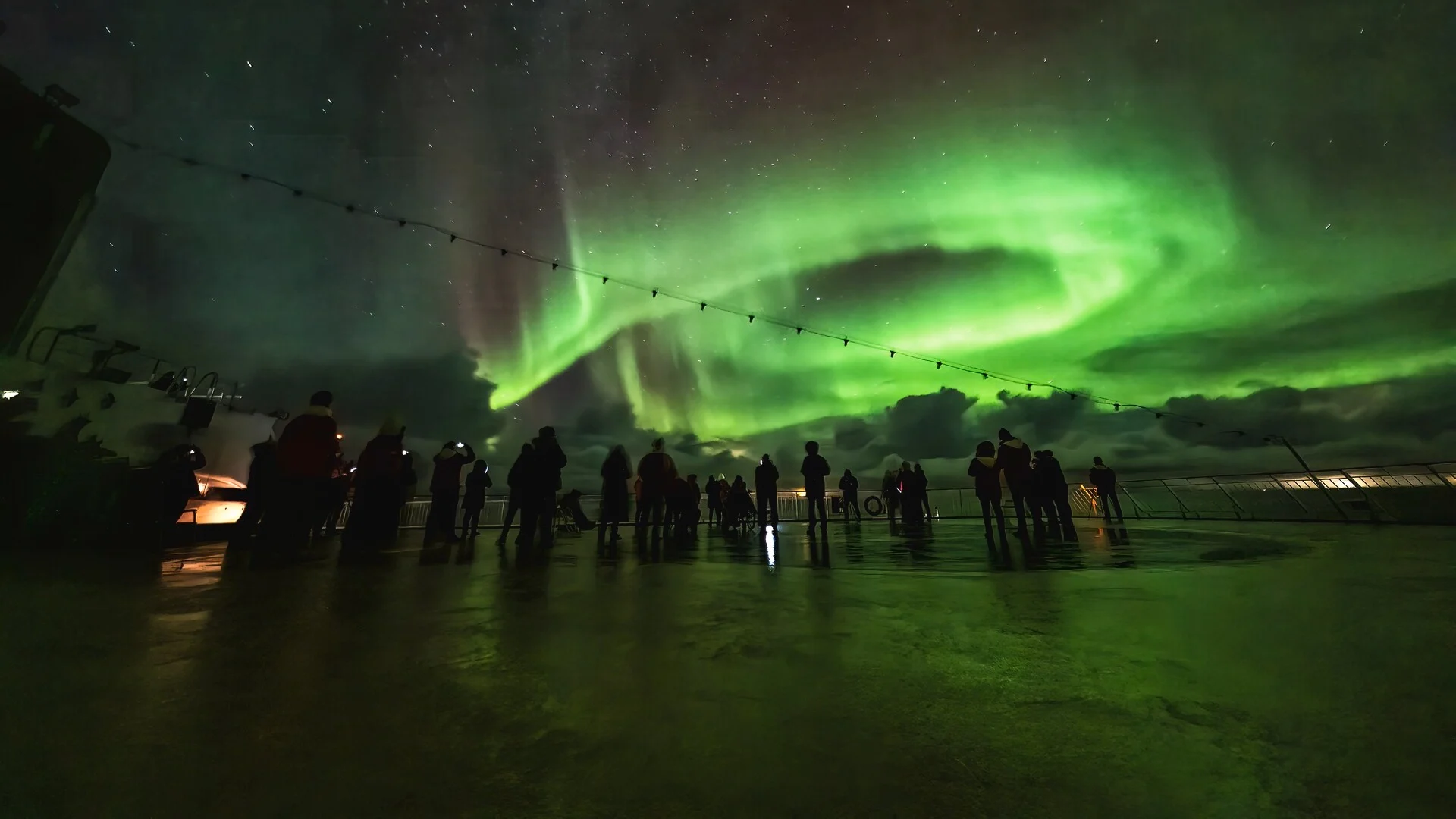
5. The best views
Being at sea avoids the air pollution and the ambient light on land, both of which can dull the colours and vibrancy of a Northern Lights spectacle.
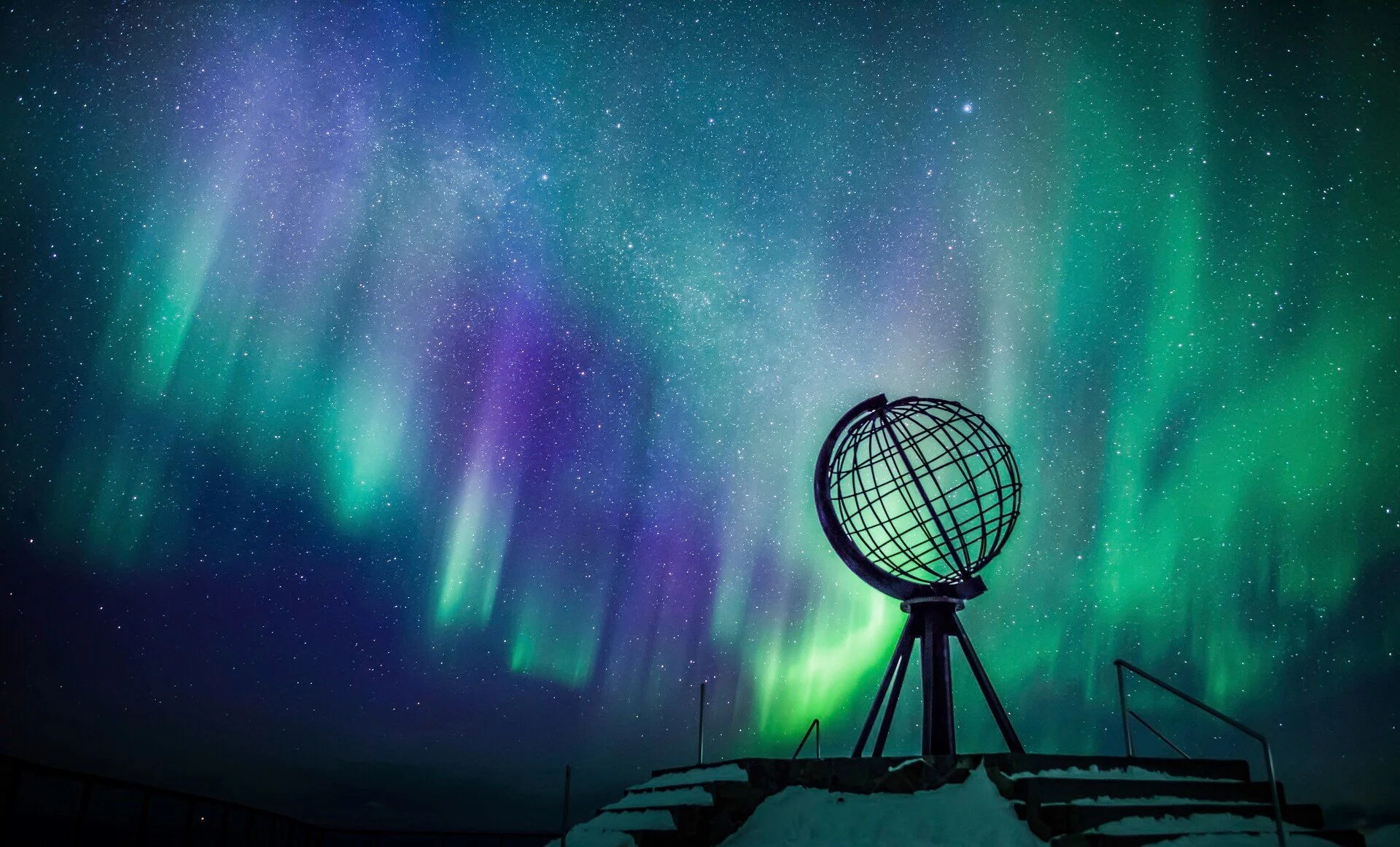
6. A free voyage
If you sail with us during the Northern Lights season for more than 11 days and don’t see the aurora appear at least once, we promise you a free voyage to try again.
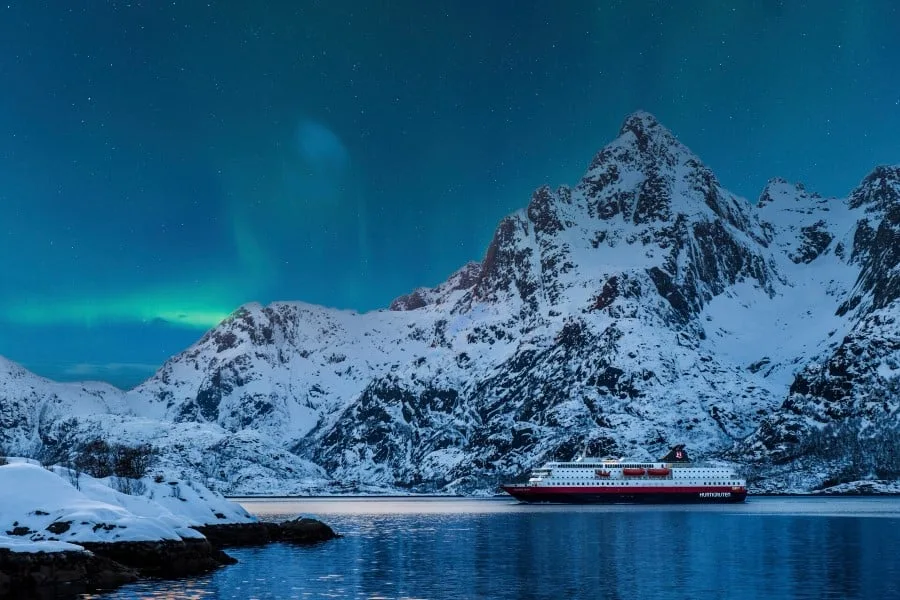
Our Northern Lights Promise
Relax in the knowledge that our unmatchable Northern Lights Promise means you’ll get another chance to see the aurora if they don’t make an appearance on your voyage of 11 days or more.
Our Northern Lights cruises
- Multiple offers
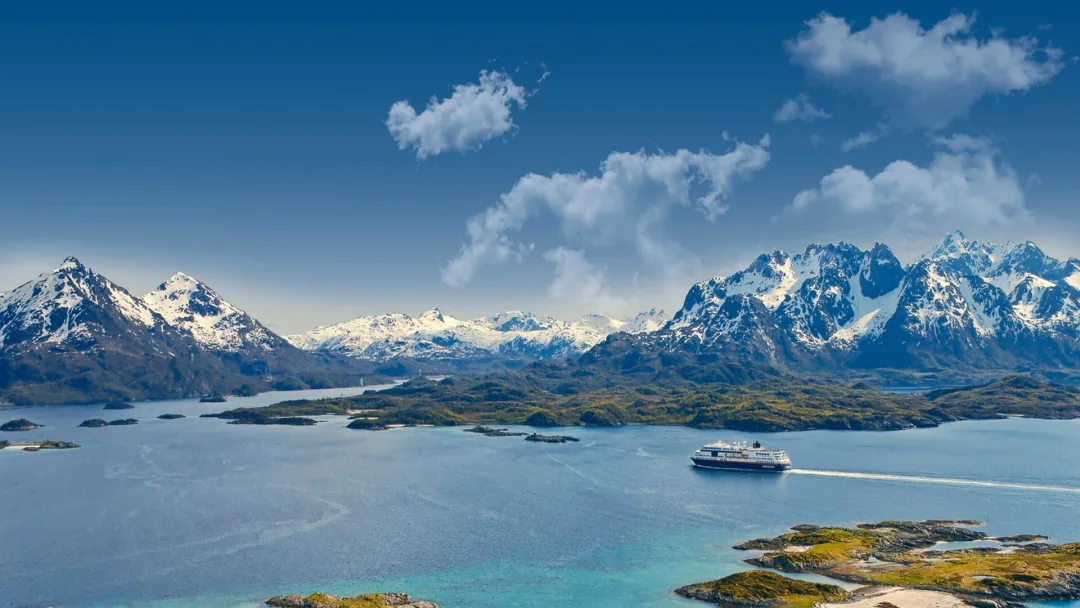
Roundtrip Voyage from Bergen | Explore Norway’s Coastline
Route
Bergen - Kirkenes - Bergen (Roundtrip)
Departure Dates
Regular departures - 12 days
Price from
€1,574
Ships
Multiple
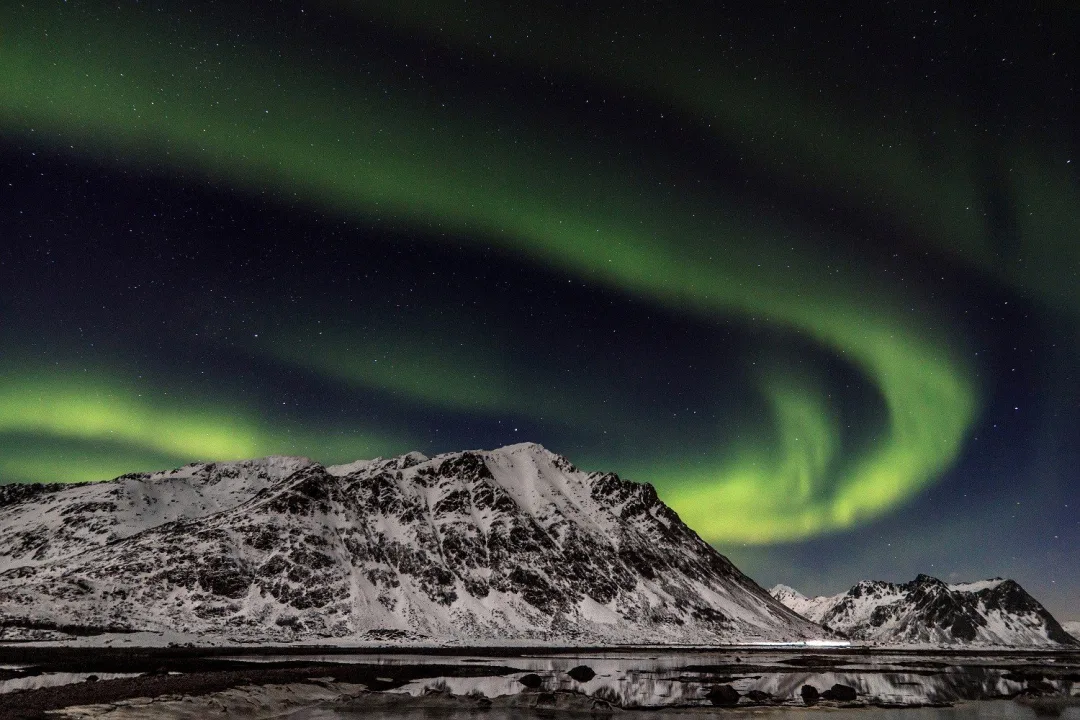
The North Cape Express: Full Voyage from Oslo to Bergen | 2024-2025
Route
Oslo – Honningsvåg – Bergen (Roundtrip)
Departure Dates
December - May - 14 days
Price from
€2,879
Ship
MSTrollfjord
- Save up to 50% off selected sailingsSolo Traveller Offer
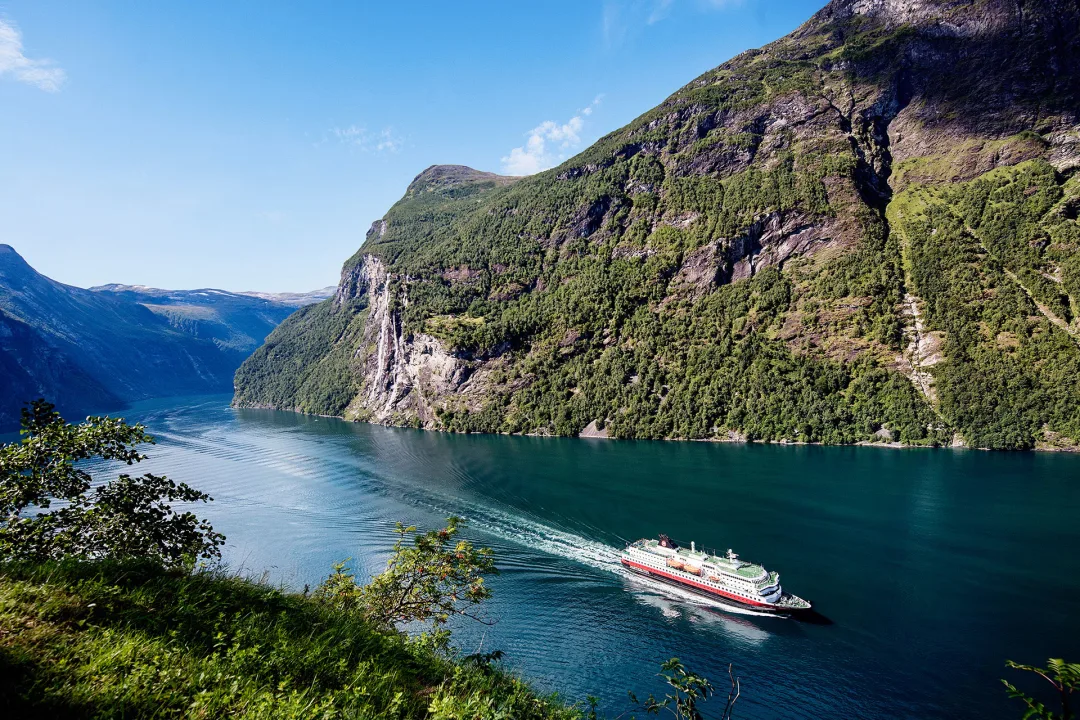
7-Day Norwegian Voyage: Northbound | Bergen to Kirkenes
Route
Bergen - Kirkenes (Northbound)
Departure Dates
Regular departures - 7 days
Price from
€1,071
Ships
Multiple
Voices of the Lights
We talked to people who live and breathe the Northern Lights about the dreams and desires that drive them. These are their stories.
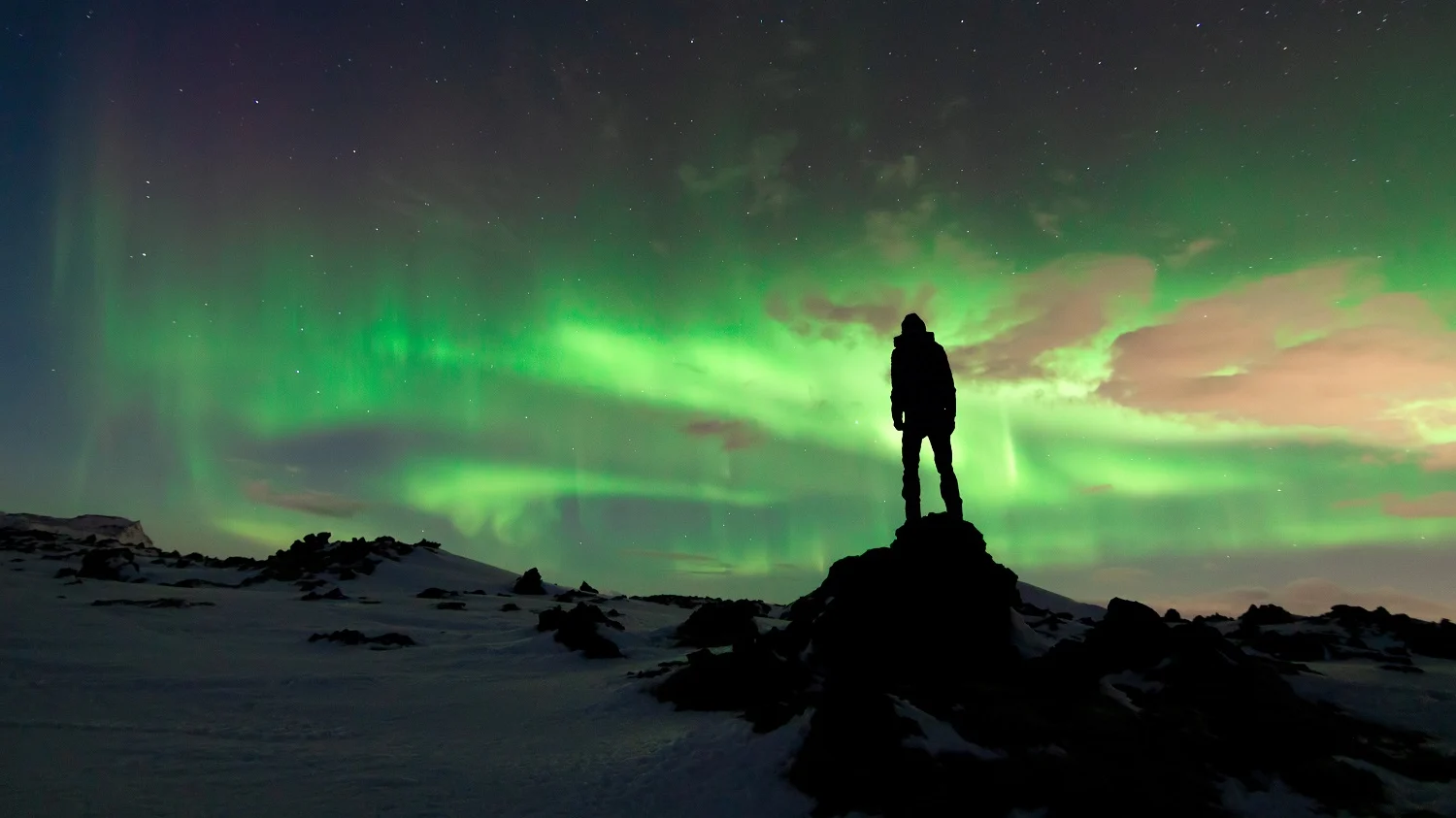
The Chief Aurora Chaser: Tom Kerss
Astronomer Tom Kerss tells us why he can’t get enough of the Northern Lights in Norway.
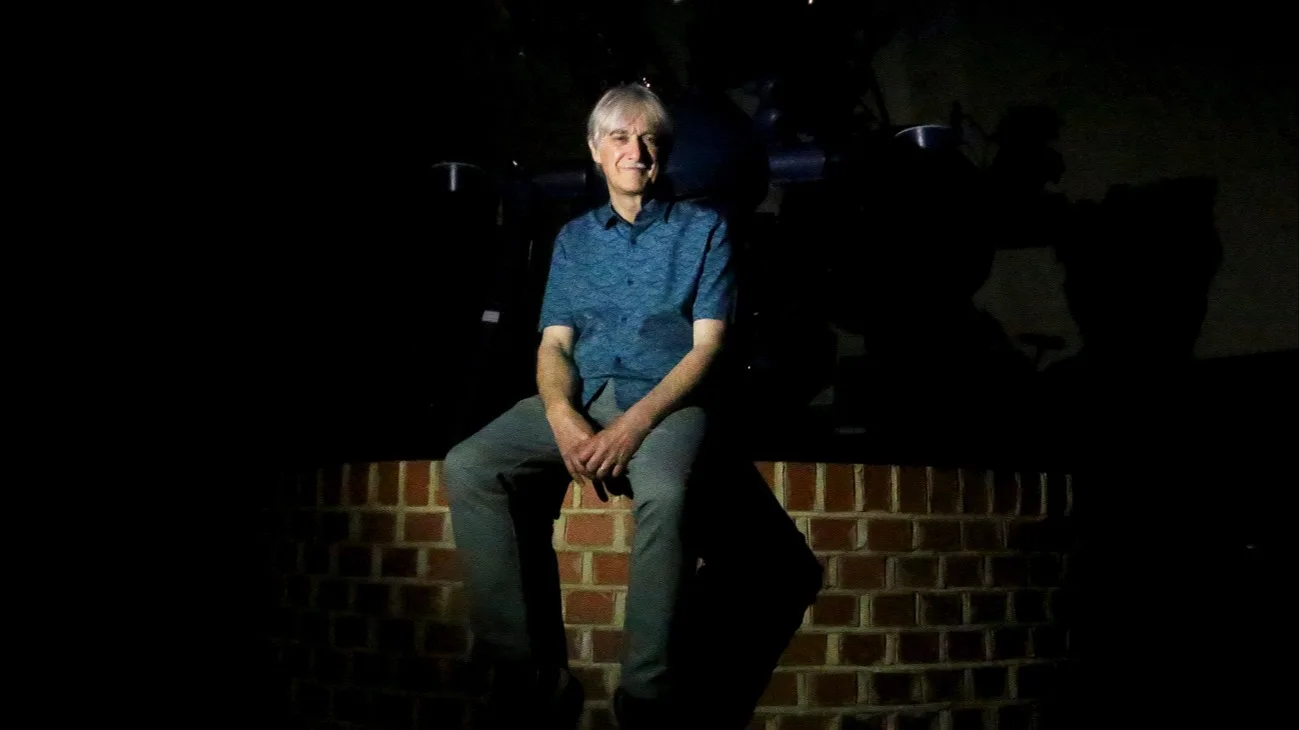
Sage of the Northern Lights: Dr John Mason
Physicist and astronomer Dr John Mason has the answers to all of our questions about the Northern Lights, “truly nature's greatest light show”.
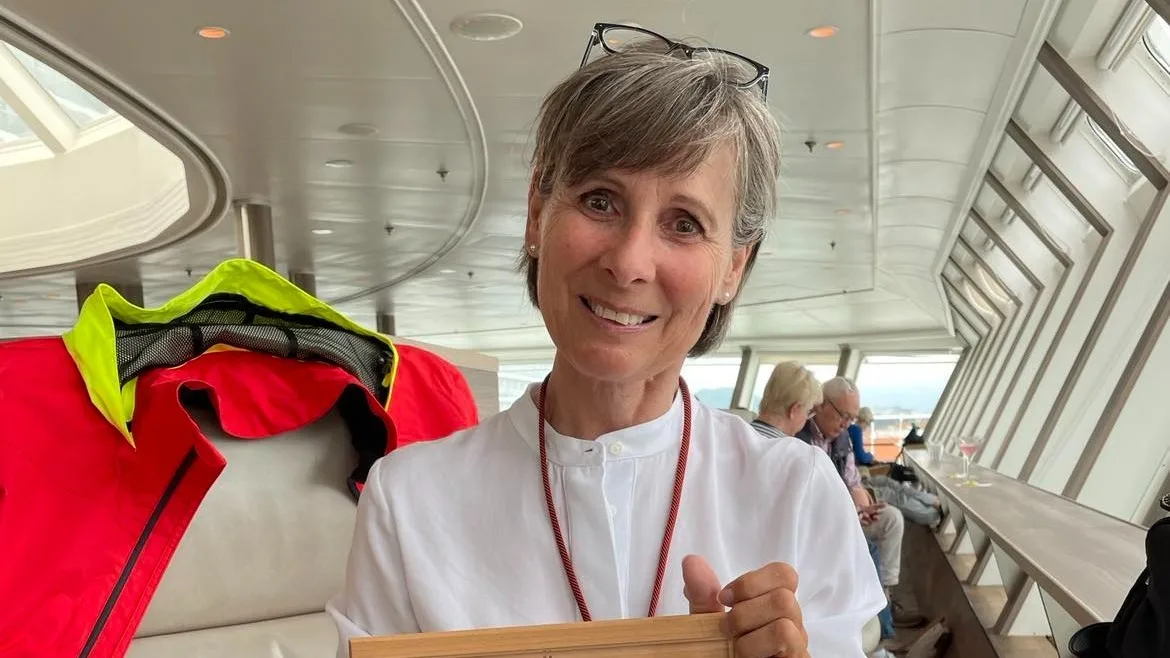
For KrisTina Kramer, few things in life give her as much of a thrill as sailing with us along the Norwegian coast, chasing the Northern Lights.
What causes the Northern Lights?
We asked scientists and astronomers to explain the Northern Lights in a way we could understand. In return, they told us all about solar activity and magnetic fields, and explained the different types of auroras, and why they come in different colours.
They also said that a deeper understanding of the science only adds to the magic of the experience of seeing the Northern Lights.
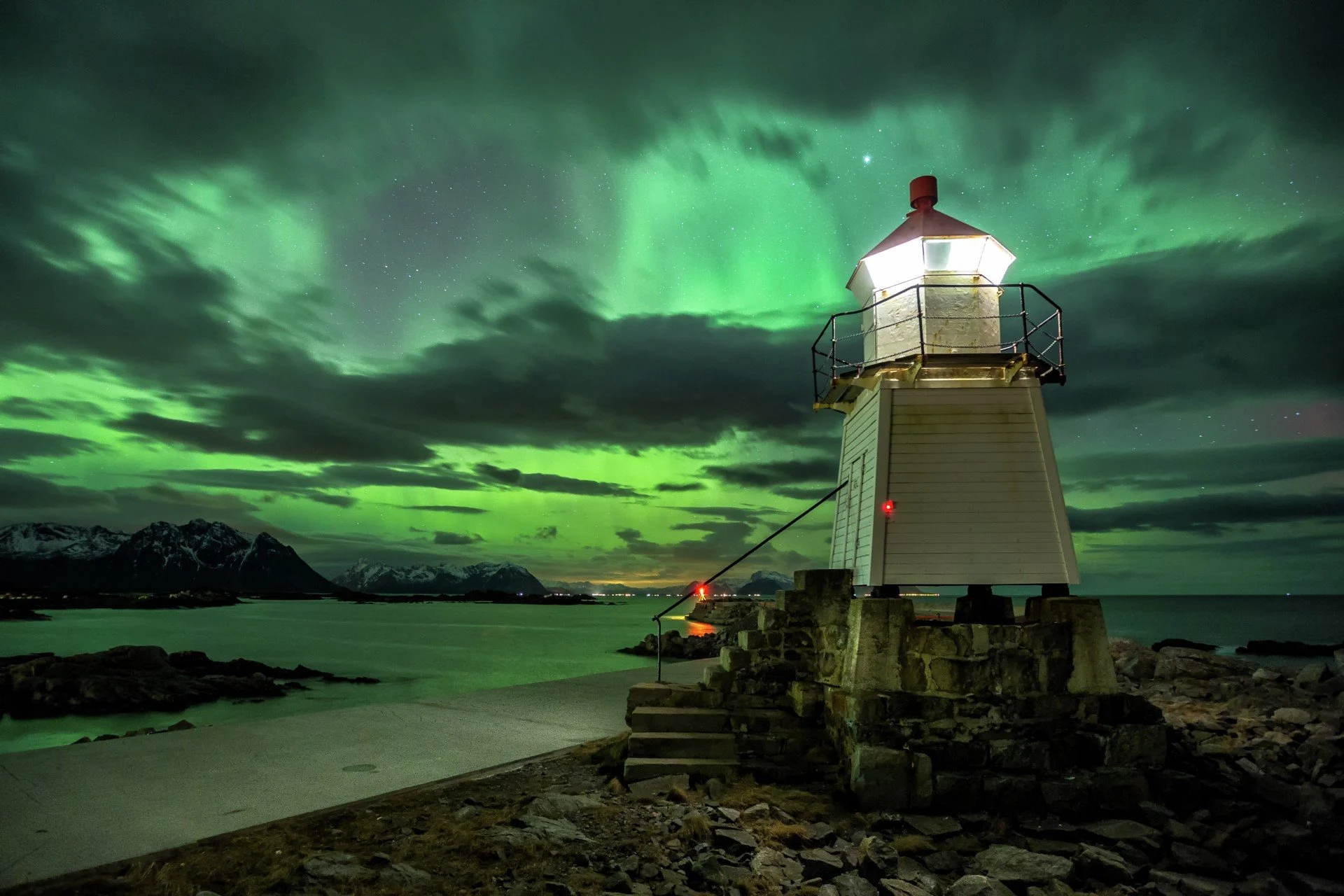
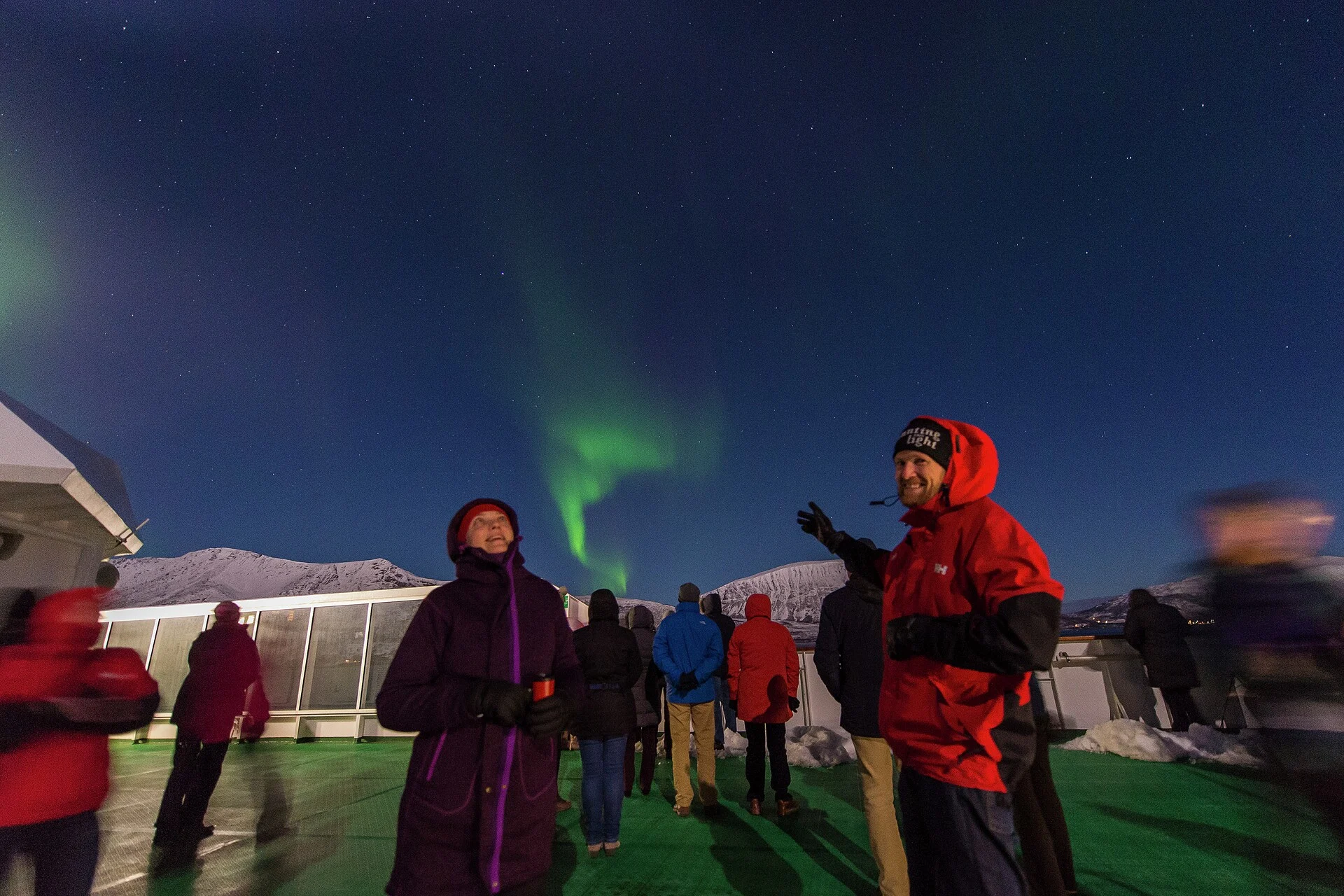
Legends of the Lights
Long before we understood the science behind the aurora, the Northern Lights were wrapped up in myths and legends that still fuel our imaginations today.
The Lights appear in folklore across the world, as omens both revered and feared. These strange green, red, and purple lights dancing across the night skies have inspired some of the most captivating stories on Earth. Once you’ve seen them, it’s easy to understand why.
How do I photograph the Northern Lights?
When you see the Northern Lights, it’s only natural to want to capture the spectacle. But photographing their elusive beauty isn’t as simple as point-and-shoot.
To help you, we asked photography experts for their tried and trusted tips on everything from how to photograph the Northern Lights from a ship to shooting the aurora with a smartphone.
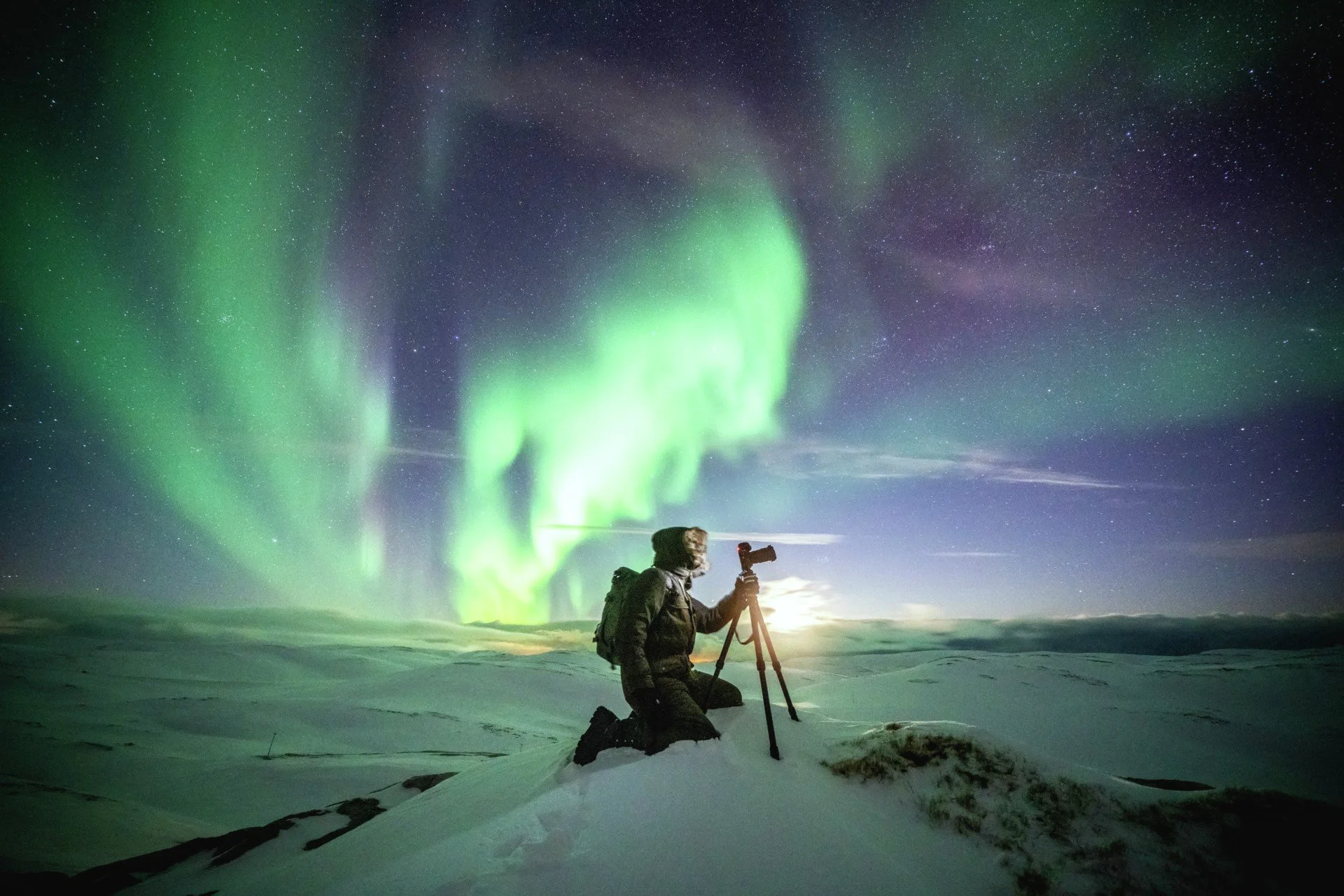
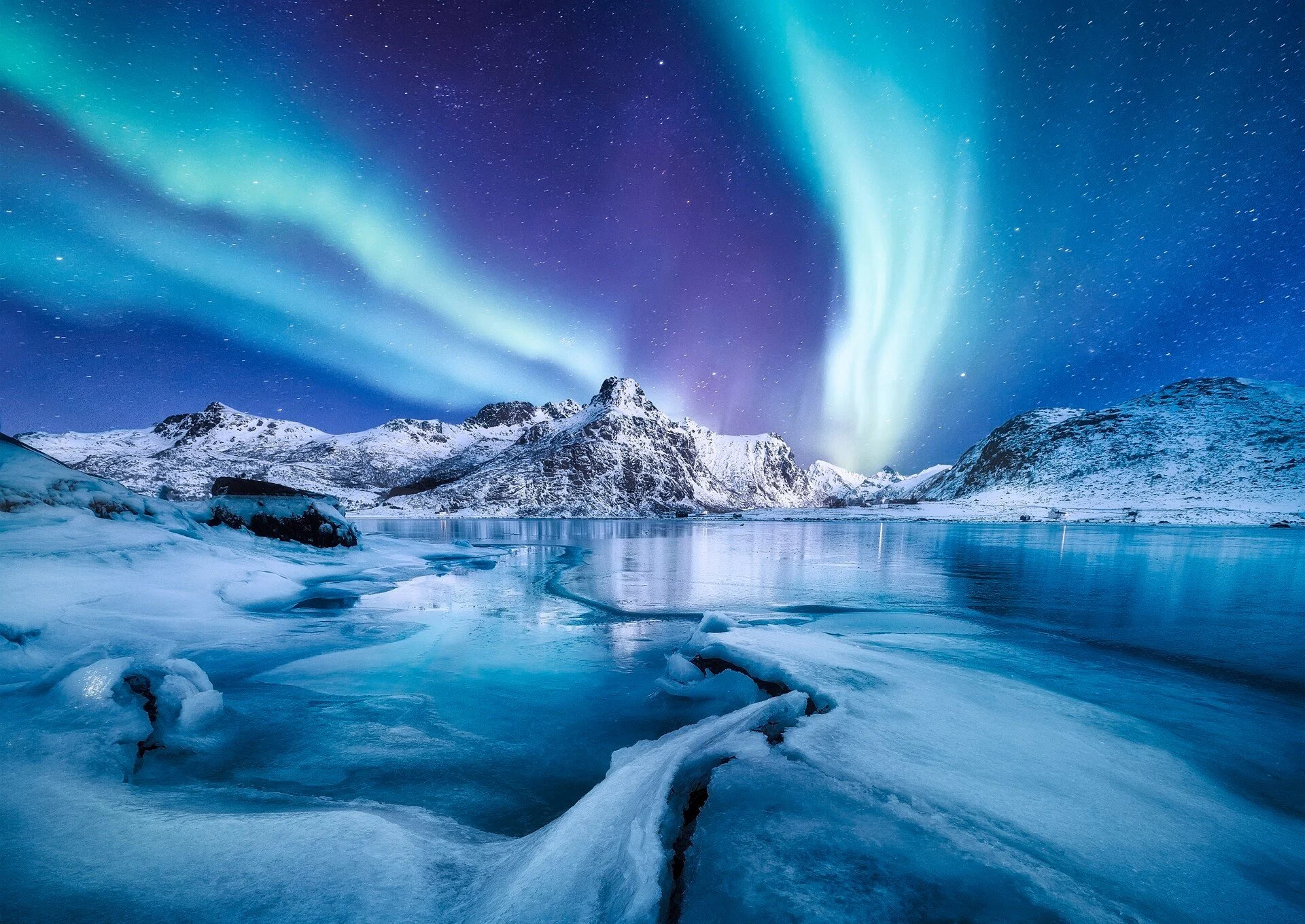
Ask about the aurora
Everything you’ve ever wanted to ask about the Northern Lights, from how often they appear to whether they affect wildlife.